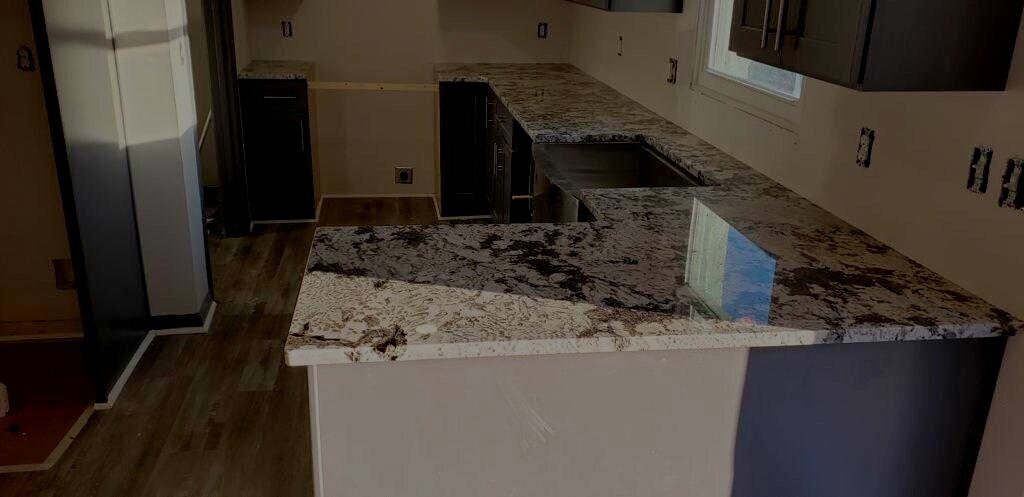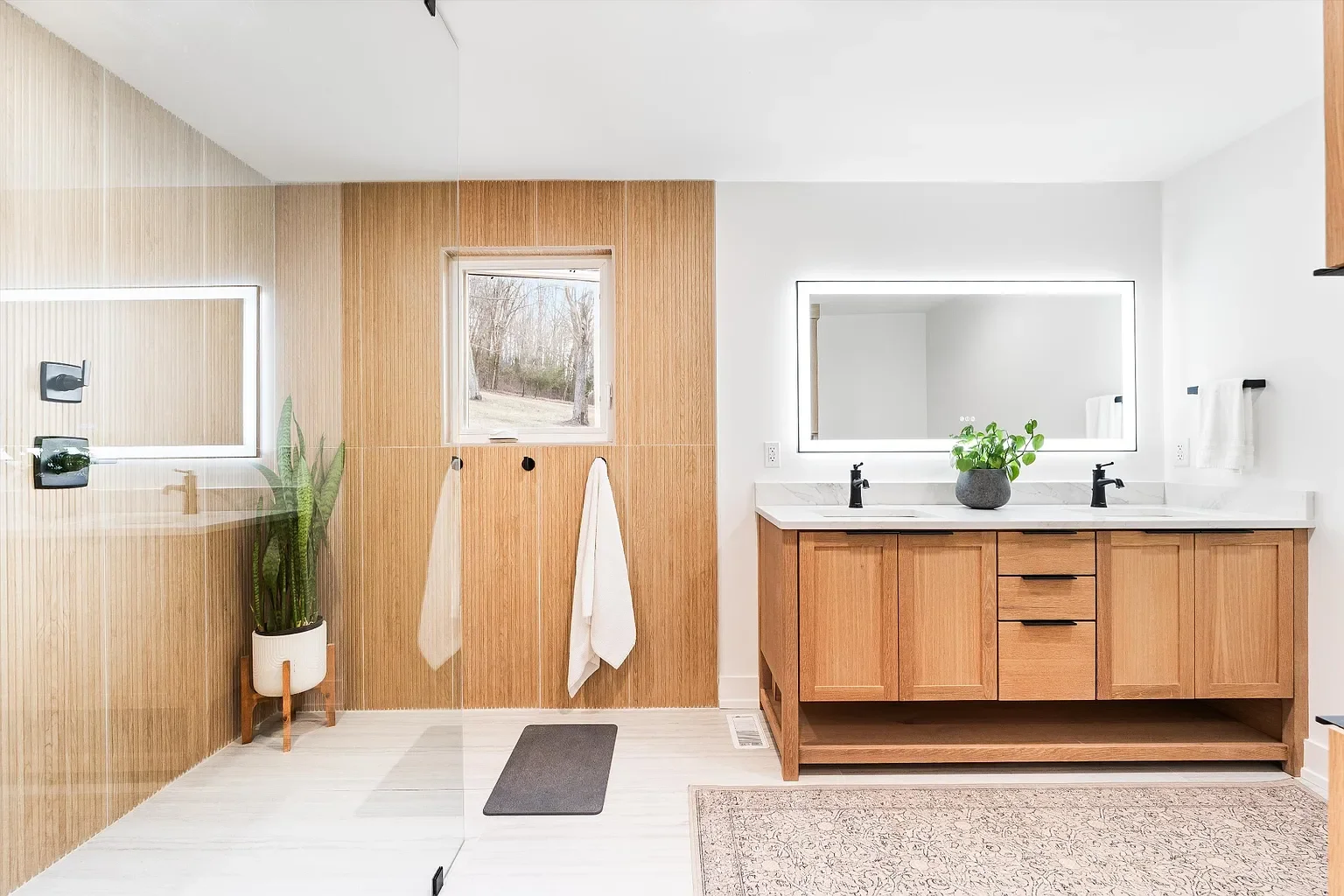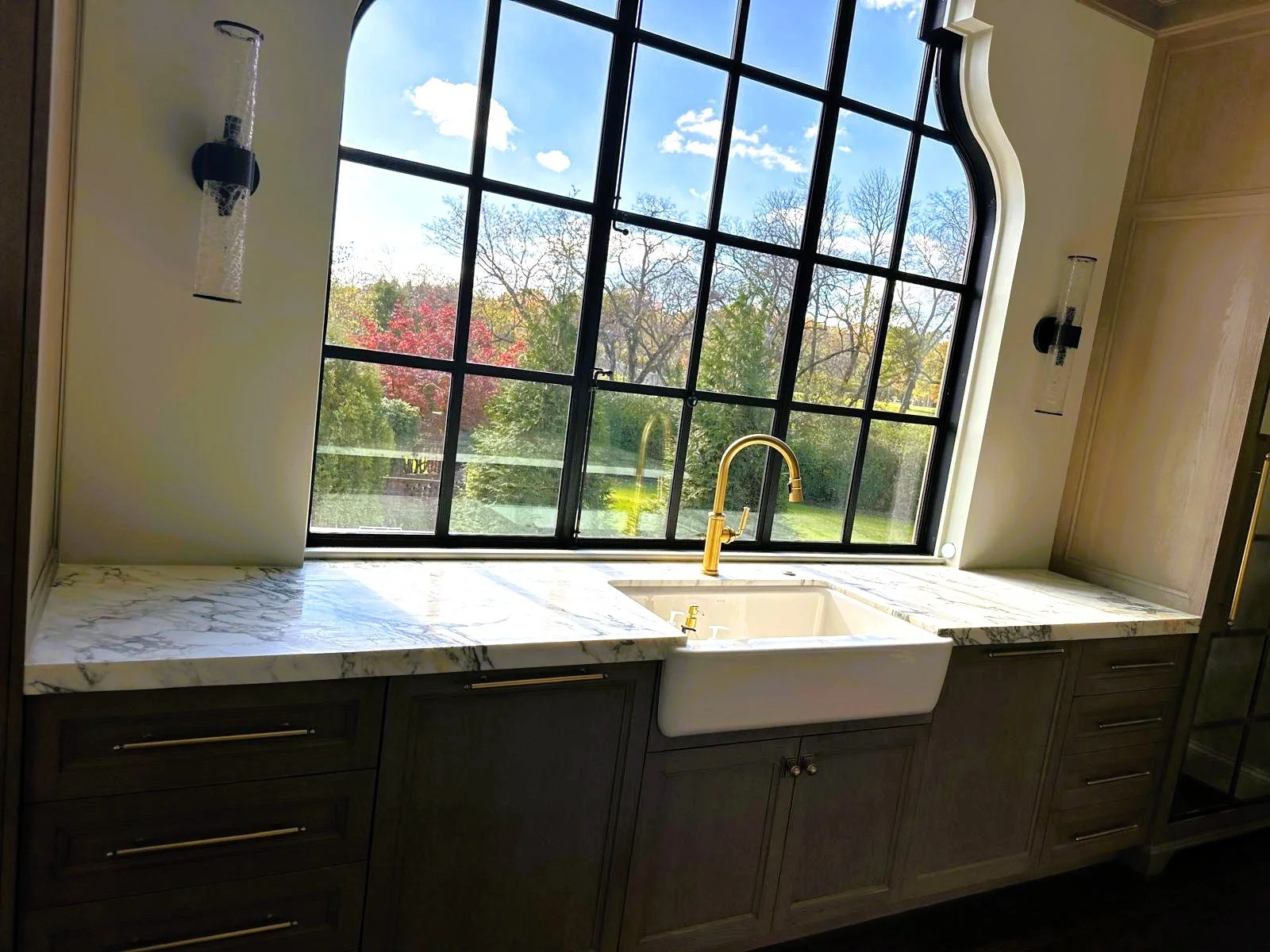
About Us
WE COVER ALL OF MIDDLE TN AREAS
(15+ YEARS EXPERIENCE)
Centaury Granite has been dedicated to serving residential and commercial clients throughout Tennessee for over ten years. We take pride in our unwavering commitment to delivering superior quality results that consistently exceed our clients’ expectations.
A significant portion of our business is generated from referrals and repeat clientele, highlighting our professionalism and the excellence of our work. We engage collaboratively with clients to thoroughly understand their specific needs and deliver results that align with their objectives.
Our commitment to quality and exceptional service distinguishes us in the industry. Clients can place their trust in our services, as integrity serves as the foundation of every project we undertake.
Where we Educate Customer :
At Centaury Granite Countertops, we are dedicated to guiding our customers throughout the entire process. This dedication includes providing through education regarding their countertop selection.
Here is a summary of two of our standard countertop materials:
What is Granite?
Granite is a natural stone formed from cooled magma deep within the Earth. Each granite slab features unique patterns and veining due to natural variations in mineral compositions, making every countertop one-of-a-kind. Although some may refer to granite as “the unattractive speckled material,” there are many different types of granite as the standard versions commonly used.
Granite is recognized for its durability and is classified to be hard stone on the Mohs scale. It exhibits both heat resistance and scratch resistance, making it a highly suitable material. Furthermore, granite is generally considered to be relatively economical. However, a notable drawback for some individuals is that it is porous and requires sealing.
Granite Counter Maintenance
For a daily cleaning, to maintain granite surfaces effectively, it is advisable to use warm water combined with a small quantity of dish soap. Employ a soft microfiber cloth or sponge to gently clean the surfaces. It is essential to select cleaning agents carefully in order to prevent any potential damage to the granite.
In the case of stains, it is recommended to use baking soda as the initial treatment. For water stains, create a paste consisting of equal parts baking soda and hydrogen peroxide. For oil-based stains, utilize a mixture of baking soda and water. Apply either paste to the stained area, cover it with plastic wrap, and allow it to sit for one to two days before rinsing and wiping the granite surface clean.
How to seal your granite countertops
Conduct a water test to determine whether the granite requires resealing. Apply a few drops of water and a few drops of oil onto the countertops. Allow this to sit for 15-20 minutes before assessing the results. If the liquid has penetrated the granite, it is necessary to proceed with sealing.
Before the application of sealant, it is imperative to ensure that the countertop is meticulously cleaned.
It is advisable to test the sealant on a discreet area of the countertop first. Dispense a small quantity of sealant and apply it evenly across the surface. After a waiting period of 15 to 20 minutes-or according to the manufacturer’s guidelines-evaluate the treated area. If there is no discoloration observed, proceed to apply the sealant across the entire countertop in sections.
Following the recommended absorption time, it is important to wipe away any surplus sealant. If the manufacture’s instructions suggest it, apply a second coat. Following the sealing process, permit the granite to cure for a duration of 48 hours.
It is recommended that sealing occur every three months during the initial two years. Subsequently, this should be performed annually or as indicated by the results of the water test.
Important Note:
At Centaury Granite, during the installation of your countertops, sealer is applied as part of the installation process.

How to Care for Granite Countertops:
Granite countertops, like almost all natural stone surfaces, need to be sealed to prevent stains and liquid damages. How you seal your countertop will depend on what type of granite you choose. Lighter colored granite will need to be re-sealed more often than granite that is a darker color. Although, we seal after every installation. Centaury Granite recommends you to seal your Granite Countertops every 3-5months. How do you know it is time to reseal? Drop a few drops of water on your countertop and if you notice the drops being absorbs quickly, then its time to reseal.
About Quartz and How to maintain:
What is Quartz?
Quartz is composed of ground quartz crystals mixed with resins and pigments, making it non-natural stone often referred to as “man-made stone.” It is an engineered material created by combing 90-95% ground quartz (a naturally hard mineral) with the remaining percentage of resins, polymers, and pigments. This combination results in a hard, durable surface. The results is a durable surface that exhibits a variety of appearances, which is determined by the fineness of the quartz grinding.
Pros: Quartz is a hard and durable material that is scratch-resistant, non-porous, and does not chip easily. It requires low maintenance and does not need sealing.
Cons: While quartz is highly durable and low-maintenance, strong dyes and extremely high temperatures can potentially damage it.
Quartz Counter Maintenance
For daily cleaning and to maintain your quartz surfaces effectively, it is recommended to use cool water mixed with a small amount of dish soap. Use a soft microfiber cloth to gently clean the surface. It is important to choose cleaning agents carefully to avoid any potential damage to the stone.




